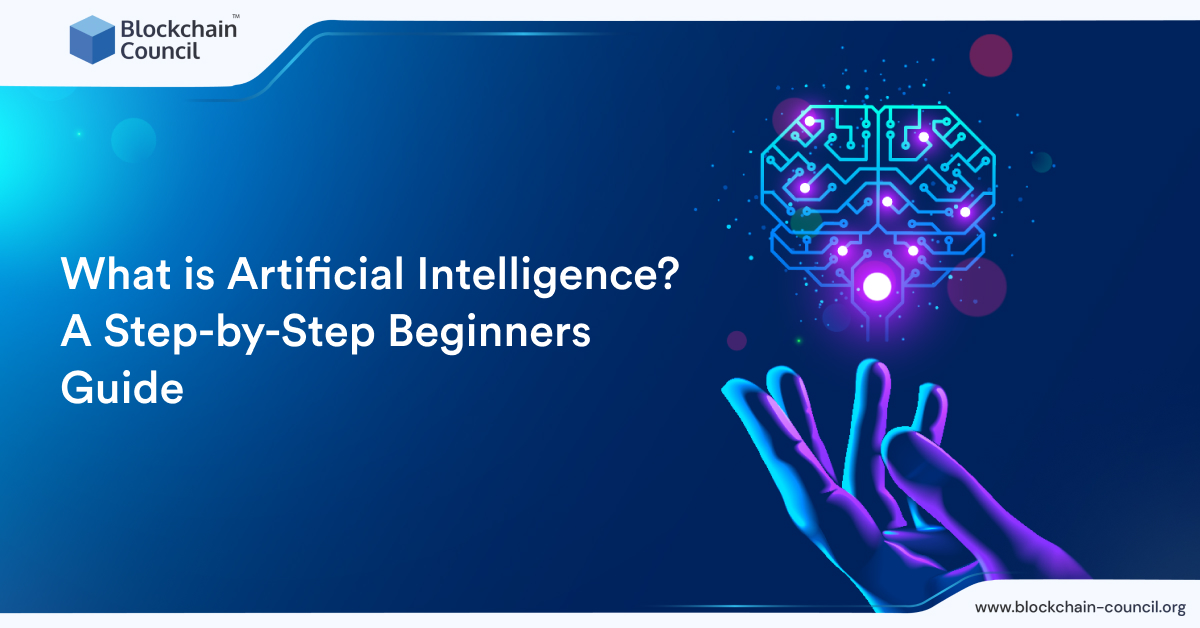
- Blockchain Council
- January 16, 2025
Artificial intelligence (AI) has progressed in several industries, with healthcare being one area showing promise. One important application of AI is virtual assistants (VAs), which are increasingly used to improve patient care. These AI systems provide various services, from helping with administrative work to offering tailored health advice.
AI-Powered Virtual Assistants
AI-powered virtual assistants, commonly referred to as chatbots or health assistants, use machine learning and natural language tools to communicate with patients. They help people manage appointments, track symptoms, and remind them about medications. By integrating with healthcare systems, these assistants provide customized care based on a person’s medical records and current health status. Because they are available 24/7, patients can get support and guidance anytime, without waiting for an in-person meeting.
As AI assistants become an integral part of patient care, having a Certified Artificial Intelligence (AI) Expert™ title can set you apart as someone truly prepared to work on cutting-edge healthcare solutions.
Enhancing Convenience and Accessibility
One of the immediate advantages of AI virtual assistants is the increased accessibility they provide. Patients can easily schedule appointments, get reminders for their medication, and access health records through simple chats with the assistant. This saves time and cuts down on unnecessary trips to the clinic. For example, systems used by Teladoc enable remote monitoring, allowing people to stay in touch with their doctors from home. This is especially helpful for those managing long-term illnesses, as they need regular monitoring but don’t always need in-person visits.
Remote patient monitoring is another field where AI performs well. Devices like fitness trackers gather data such as heart rate, sleep cycles, or physical activities. This information is sent to AI platforms, which alert healthcare professionals if there’s a problem. For instance, someone with a heart condition may have their vital signs monitored in real time, allowing quick action before serious issues arise. This method helps reduce visits to the hospital and stops health issues from escalating.
Boosting Patient Engagement and Support
AI-powered assistants also play an essential role in improving how patients engage with their own health. They provide personalized advice and health plans, encouraging proactive health management. For example, virtual assistants can suggest lifestyle changes based on medical history, encouraging healthier habits. Patients receive educational materials, tailored suggestions, and reminders to maintain their treatment.
Moreover, these assistants regularly check in on patients. Systems developed by NVIDIA and Oracle, in partnership with healthcare providers, provide personalized follow-up care. These systems prompt patients to share symptoms and notify doctors if an intervention becomes necessary. Patients are not left alone to manage their conditions; they have a virtual companion continuously overseeing their well-being.
Supporting Healthcare Workers
In addition to helping patients, AI assistants also relieve the workload of healthcare professionals. These systems automate repetitive tasks like scheduling, billing, and managing documents. For example, AI-based systems analyze patient records and write reports, allowing doctors to spend more time with patients.
By connecting with electronic health records (EHR), these virtual assistants simplify workflows and support decision-making. Some hospitals even use AI tools to predict potential health risks. These systems monitor patient data to detect early signs of deterioration, allowing for quick responses before problems escalate. This level of AI support can be life-saving, especially in intensive care or emergency settings.
Virtual nursing assistants, a growing trend, also help fill gaps in care. They answer questions, provide health advice, and ensure patients stick to their treatment plans, offering support between doctor visits. These AI nurses are available around the clock, giving timely help without needing direct contact with healthcare staff.
Data Security and Ethical Challenges
While AI virtual assistants offer many benefits, they also bring concerns about security and privacy. Handling patient data requires strict security measures. AI systems must follow healthcare regulations like HIPAA to ensure patient information stays protected. Strong encryption and secure access are crucial to keep data confidential.
Ethical concerns exist when using AI in healthcare. Trust is vital, and healthcare providers must ensure that AI systems are open in their decision-making process. Patients need to understand the limitations of these tools and know they are meant to assist, not replace, human healthcare providers. Building this level of trust is important for the widespread adoption of AI in healthcare.
Real-World Applications of AI-Powered Virtual Assistants in Healthcare
Several healthcare organizations have already implemented AI-powered virtual assistants.
- For instance, the Mayo Clinic uses AI to help diagnose complex conditions by analyzing large amounts of medical data and images.
- Another example is the collaboration between AvaSure and Oracle. Their AI-powered systems are used in hospitals for tasks like patient monitoring and administrative work, which have been shown to lower medical mistakes and improve patient satisfaction by enhancing care coordination.
- Nuance’s AI virtual assistant, integrated with EHRs, helps doctors by automating documentation, allowing them to focus more on patient care.
- Meanwhile, NVIDIA and AvaSure worked together to develop an AI-powered system that helps hospitals manage non-clinical tasks, allowing healthcare workers to concentrate on critical care.
Conclusion
AI-powered virtual assistants are making patient care more accessible, efficient, and customized. These systems provide continuous support to patients, help them stay engaged with their health, and reduce the workload for healthcare providers. As AI technology improves, we can expect even more features that enhance patient care. Integrating AI into healthcare promises better outcomes for both patients and professionals.






































































 Guides
Guides News
News Blockchain
Blockchain Cryptocurrency
& Digital Assets
Cryptocurrency
& Digital Assets Web3
Web3 Metaverse & NFTs
Metaverse & NFTs
